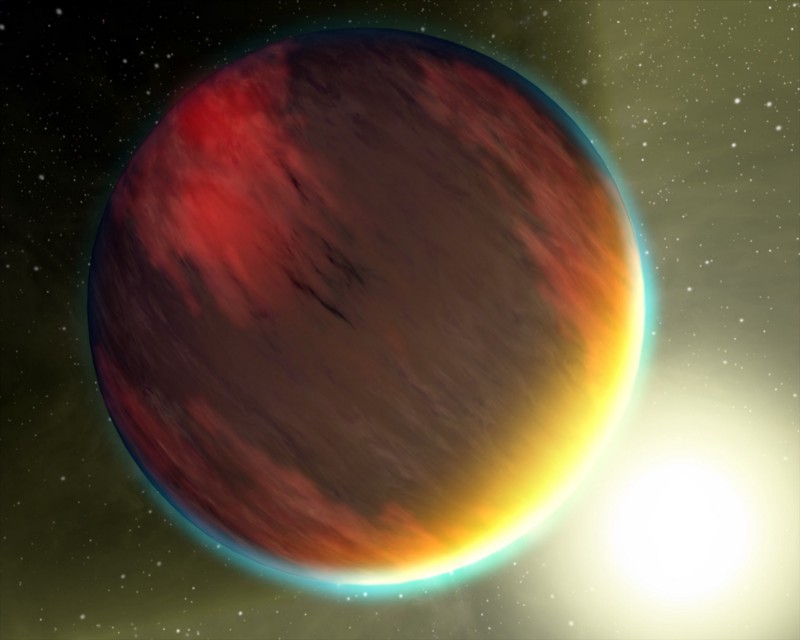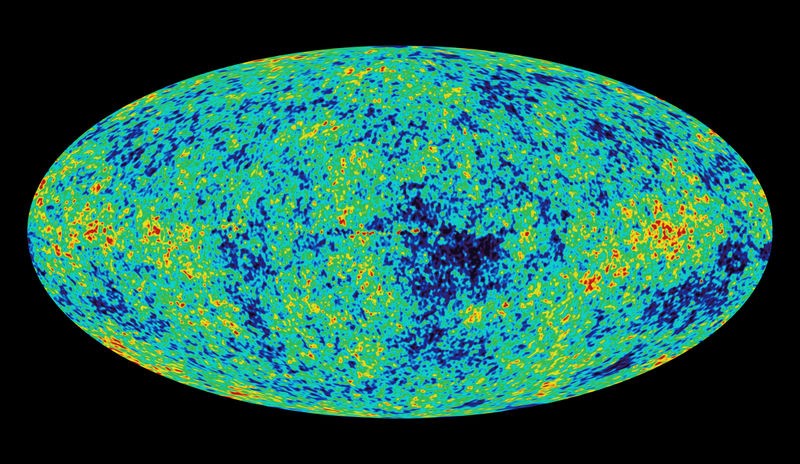Sailing into the Abyss: A Pioneering Development in Space Travel
Sailing into the Abyss: A Pioneering Development in Space Travel By Jennifer Garland, Applied Physics, 2021 Source: NASA This article was originally published as part of Issue 35: Motion. The history of spaceflight has depended on chemical rocket engines as the primary form of propulsion. However, fuel limits our exploration range and takes up 95 percent […]
Sailing into the Abyss: A Pioneering Development in Space Travel Read More »


